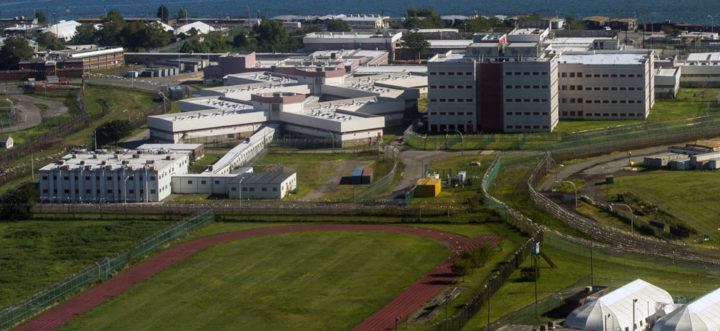Will Global Warming Drive Rise in Gun Violence?
Criminologist and Rutgers University–Camden professor Daniel Semenza believes that extreme weather increases the kind of stress and tension that can break out into crimes of violence.

Criminologist and Rutgers University–Camden professor Daniel Semenza believes that climate change could fuel gun violence in the U.S., which has at least 330 million guns in circulation, and disproportionately burdens communities of color, reports Jennifer Mascia in a Q&A for The Trace.
The story cites a 2011 Emory University study warning that climate change would become “one of the major forces driving crime as the century progresses.” A more recent analysis of gun violence in Chicago found that a 10-degree increase over the average temperature was associated with 33 percent increase in shootings.
Semenza points out that extreme weather events are forms of destabilization that greatly affects communities that are already at a disadvantage that has only been exacerbated by the COVID-19 pandemic.
If extreme weather happens more often, damaging people’s homes or affecting their livelihood, you’re increasing what criminologists call strain, or stressors. And the more stressors and strains you put on people and on communities, you tend to see increases in crime, and violent crime in particular.
Semenza says climate change will be implicated in further widening inequality, arguing it’s going to affect the communities that are already disadvantaged when it comes to socioeconomic status and racial segregation, that are already having higher-than-average gun violence rates.

 Landwebs
Landwebs 





















